Don’t miss a post or a great recipe! My Fall Special on a paid subscription runs through Sept. 9. Ok, a bit more about me - No. 356And the most popular BTL recipe so far this year. Hint…it’s a chocolate cake
I’M TOLD THAT EVERY SO OFTEN those of us who write newsletters are supposed to reintroduce ourselves to new subscribers. Which goes against my tendency to think if I’ve said it once, it doesn’t need repeating. And ever since I started this newsletter in April 2021, I’ve been cranking out letters weekly and sometimes twice a week, which doesn’t leave a lot of time for reflection. But since it’s September, football teams are embarking on a new season, and I’m not heading out on a massive book tour like last year, it seemed like a good time to stop and say, hello, it’s me. Plus answer some questions either no one has ever asked me or repeat those good questions that have stayed in my mind: Q. Where did you learn to cook and bake? (Someone just asked me this last week in North Carolina.)A. I started cooking when I was 12 or 13 baking cakes from mixes and making dinner for my two sisters out of the Better Homes & Gardens kids’ cookbook when our parents went out for the evening. My expertise was pretty limited, but I did learn how to make a white sauce for something called “creamed tuna with peas” which I served them in little cups I fashioned by buttering crustless bread and smooshing it into a muffin pan and baking until crispy. My sisters have not gotten over the fact our mother sanctioned my cooking. (I just think she was grateful she didn’t have to cook us dinner before she left the house.) And I would later learn more elevated recipes at cooking school in Paris and that my primitive white sauce had a far fancier name—béchamel. My sisters didn’t know it at the time, but they were being introduced to French cooking at an early age! Through the years, I would rifle through my mom’s recipe box and pick recipes to try. I’d read cookbooks in bed at night. When I began working as a food journalist at the Atlanta newspapers, I took cooking classes from Nathalie Dupree. I then took three months off and spent a leave of absence in Paris at La Varenne École de Cuisine where I skinned an eel and baked my own croissants. I came back to Atlanta, and feeling more confident in the kitchen reviewed Atlanta restaurants. But all those recipes would go out the window once I had a family and cooked dinner each night for three slightly picky eaters and a husband, thankfully, who ate most anything. I’ve grown up with cooking, and I am grateful to know enough to prepare most anything my heart desires. I am also grateful to be a cook as well as a baker (and yes, you can do both) so when I bake I’m not so rigid that I don’t adapt a cake or pie to what’s in the pantry or in season. Q. What don’t people know about you?A. That with an early August birthday, I am a Leo, and Leos have no problem talking about ourselves. But (and here is a big but) I was raised by parents who told us NOT to talk about ourselves. My parents were immensely proud of my sisters and me, but they didn’t talk about us around other people. So I was raised to not be boastful. But that doesn’t work when you are an author of a new book or a writer of a newsletter. We are told to remind people of our work just to stay above the social media noise. And that didn’t work out so well about 20 years ago when Food & Wine magazine invited me to be on a panel in NYC discussing food trends. Also on the panel was a rising star named Rachael Ray. I was so interested in everyone else’s comments, that I barely spoke up. And when I did try to answer a question directed to me, I was over-talked by the effervescent Ray. The panel was a pr catastrophe and an affirmation that if I wanted to survive as an author and be entrepreneurial, I needed to speak up. Through the years, I’ve gotten better at expressing myself on panels. I still listen to the other speakers, but I know when to make my point if it’s my turn. And naturally, some of us are better at this than others. Once we get better at speaking up, we need to look out for those who want to speak but can’t. Q. What has been a highlight of your career?A. Definitely cooking lunch with Julia Child in her kitchen in Cambridge, Massachusetts. It was late July 1992, and Julia was just shy of her 80th birthday. I had been sent by the newspaper to interview her, and I was so nervous, flying into Boston, renting a car to drive to Cambridge, arriving early so I wouldn’t be late, knocking on her front door and then seeing the grand woman I had first met in Paris when I was in cooking school. Her husband Paul was in a nursing home, and she was gracious to allow me into her space. While Julia roasted chicken, I helped her assemble a simple green salad with just a sprinkle of salt and good olive oil. And I gifted her a ripe Georgia peach from my kitchen in Atlanta. It was a last-minute thought, really, as I was dashing out the door. She loved it. The first time I met Julia was in the mid-‘80s in Paris. We La Varenne students were helping to host a brunch in her honor. She walked into the apartment with her co-writer of Mastering the Art of French Cooking, Simone Beck, aka “Simca.” It was one of those times you pinch yourself because you know this is a moment of a lifetime. Soak it all up so you never forget. Q. How has food writing changed?A. When I began writing about food 40-plus years ago in the late 1970s, vegetarian cooking was front and center. It was at a time when food labeling was in the news, additives to our foods were being scrutinized, and the consumer was looked after by government agencies. And when we weren’t, there were watchdog groups that made a lot of noise. Newspaper food reporters were expected to cover health and nutrition. I interviewed experts at the Centers for Disease Control (CDC) and Emory University. Those stories went 1A, meaning that food and health were front page news back then. Today, food and cooking is much more glamorous. Every ingredient we could ever imagine is at our fingertips. But putting a meal on the table today is terribly expensive. Q. What are you working on now?A. It’s crazy that a year ago this very week, I was launching Baking in the American South. When I see the new titles releasing, I am grateful (and a bit sad) I am not the one going on tour! I’ve got a new book project and several years to write it. The book builds on Baking but will be much broader, about cooking in the South with the same emphasis on telling untold stories and lifting up people who have not been credited. The recipes span the entire meal including drinks, barbecue, fried chicken, the garden, baking, ice cream (yea!), and the larder (yea, yea!) from preserves to pickles. I’ve already been traveling through Arkansas, Mississippi, Virginia, Maryland, and North Carolina interviewing farmers and cooks for this project.
Q. What are you hungry for now?A. I want vegetables from the garden—fresh green beans, squash, and okra. I am eating the last of the garden tomatoes, stragglers that stayed on the vine long enough to ripen to a blush-red and then finished ripening on my kitchen windowsill. And I will always be hungry for Scott Peacock’s chocolate cake, which I share today without a paywall. It has been the most popular recipe of 2025. One more thing. I appreciate your reading my newsletter, and I really appreciate your comments, when you hit the little heart (like button), and when I get to meet you in person. -xo, Anne P.S. Thanks again to the fabulous Jessie Sheehan for our conversation that aired this past weekend on Cherry Bombe’s wonderful food and baking podcast, She’s My Cherry Pie. OK, my turn. What have you enjoyed (or not) about Between the Layers?THE RECIPE: You’re on the free list for Anne Byrn: Between the Layers. If you’re liking what you’re reading, why don’t you become a paying subscriber for more recipes, stories, and content. |







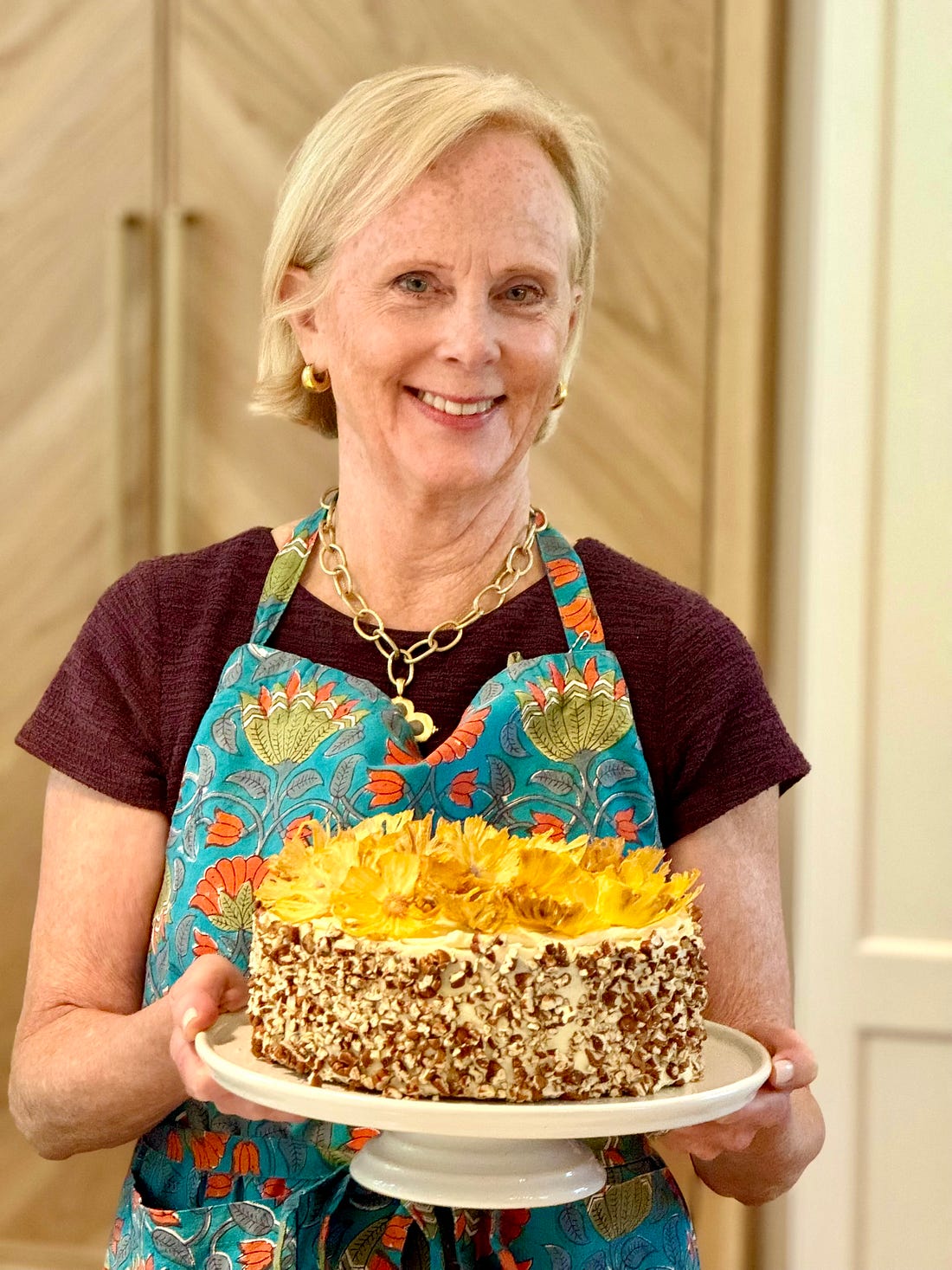
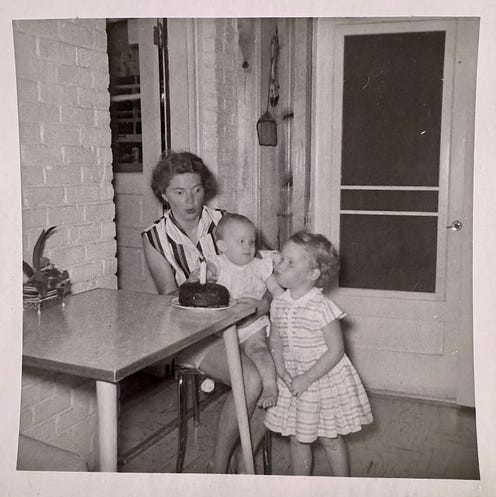
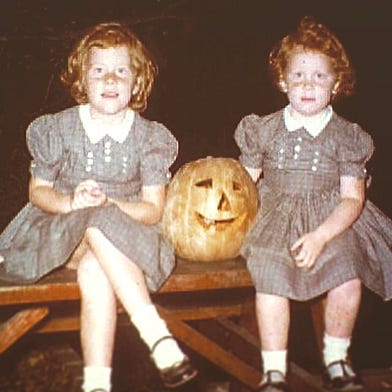
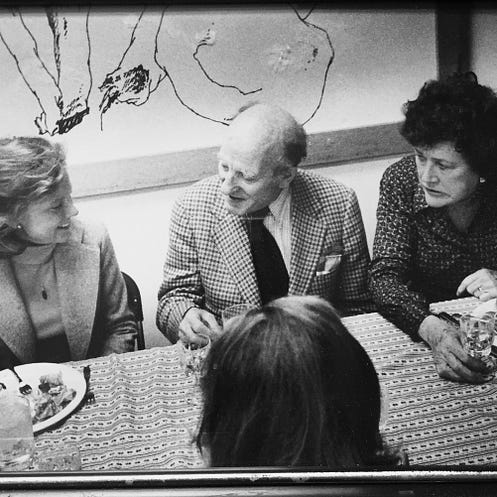
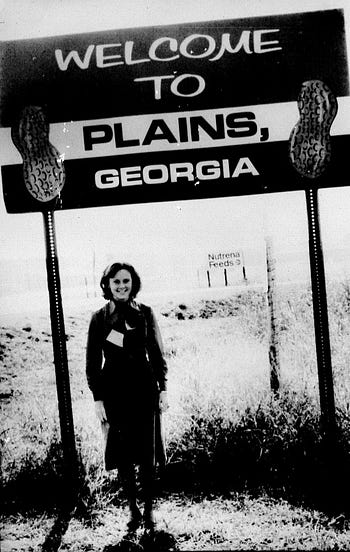
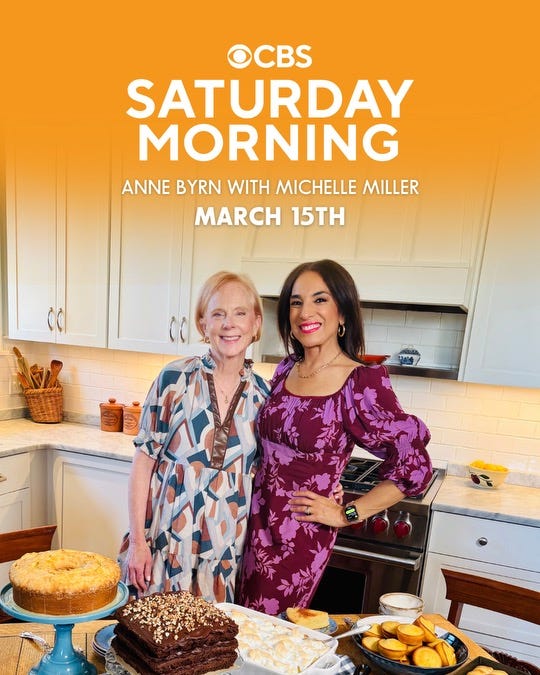
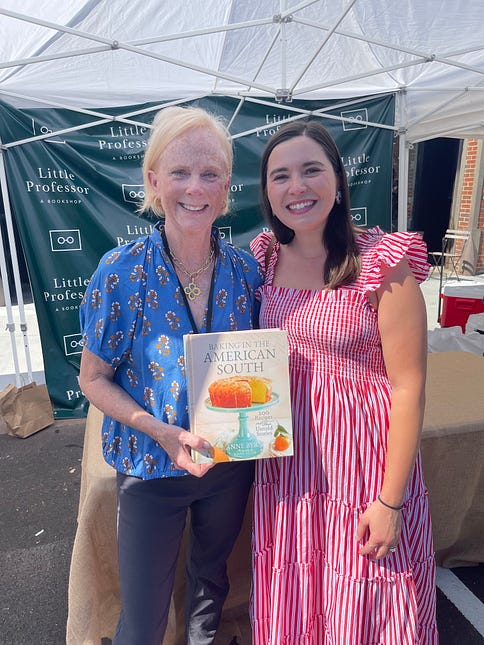
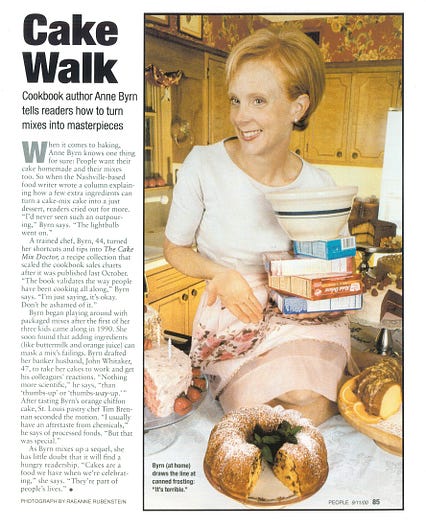
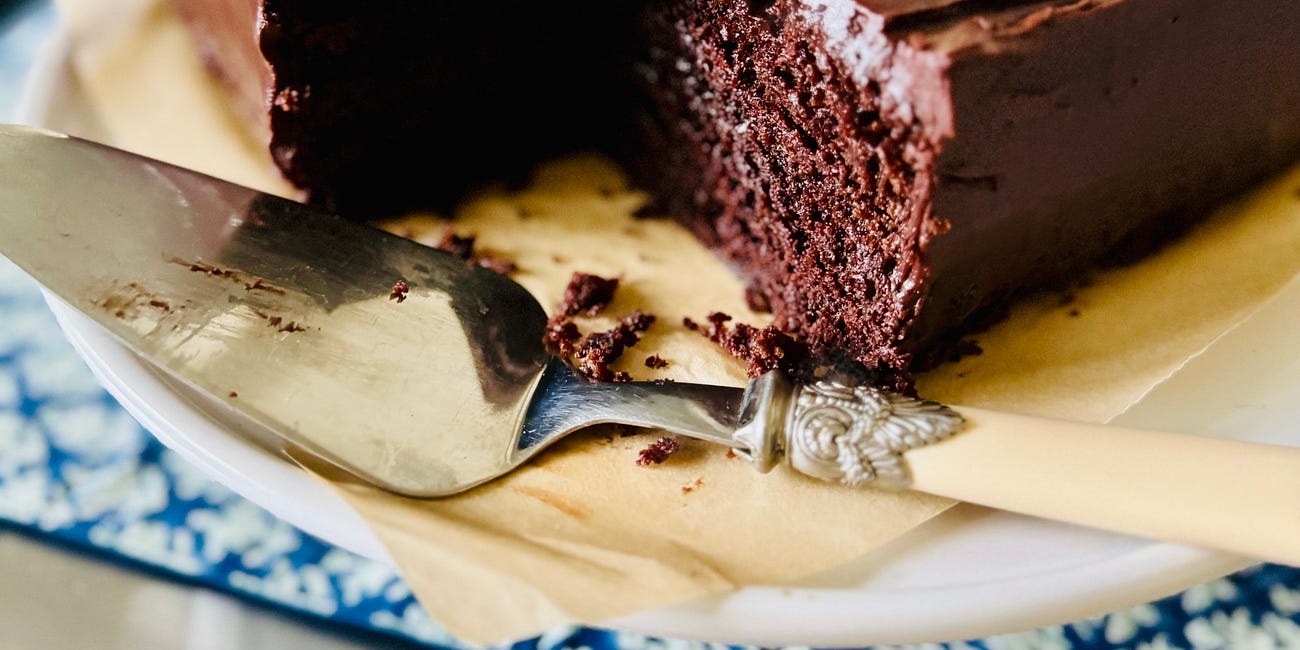
0 comments:
Post a Comment